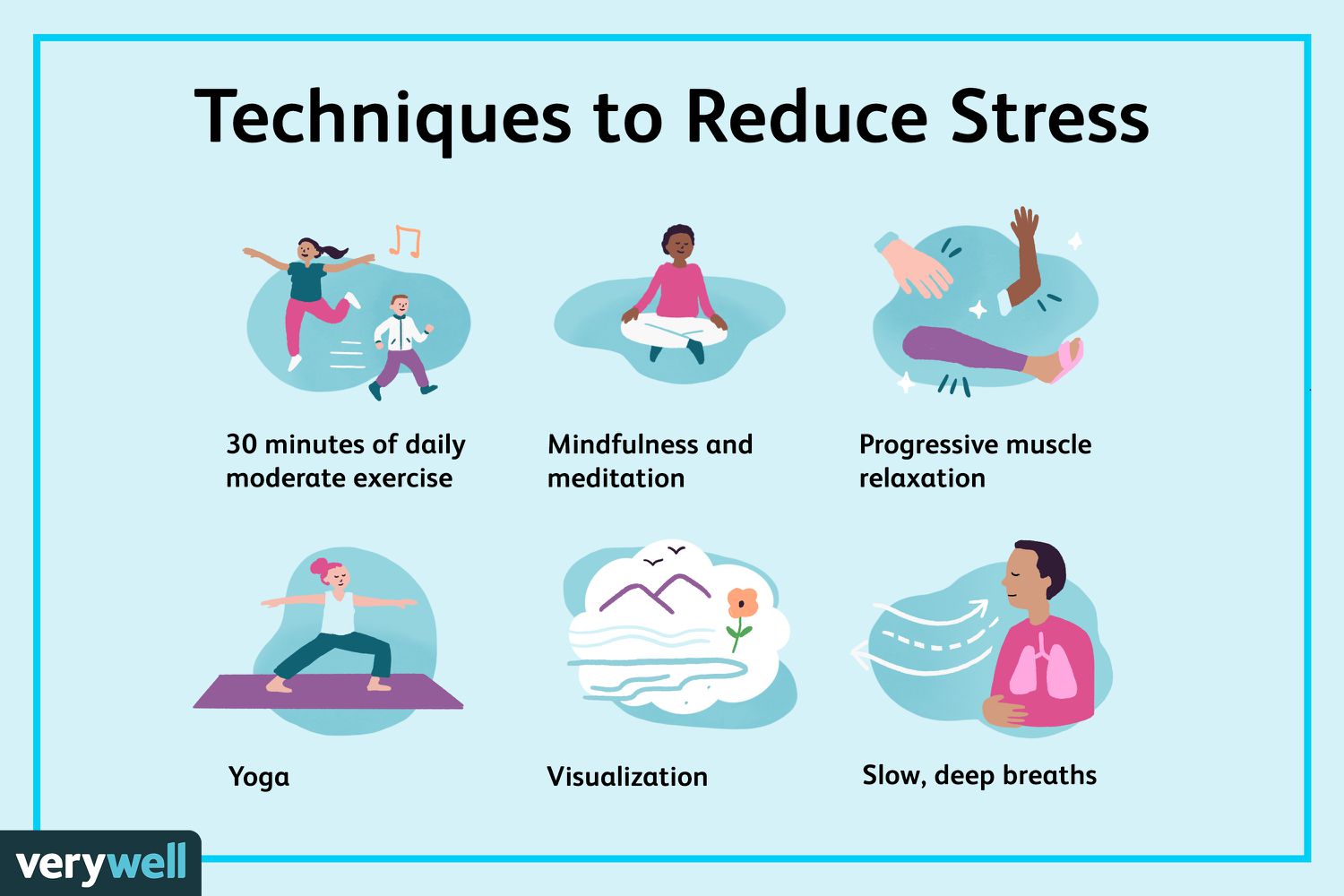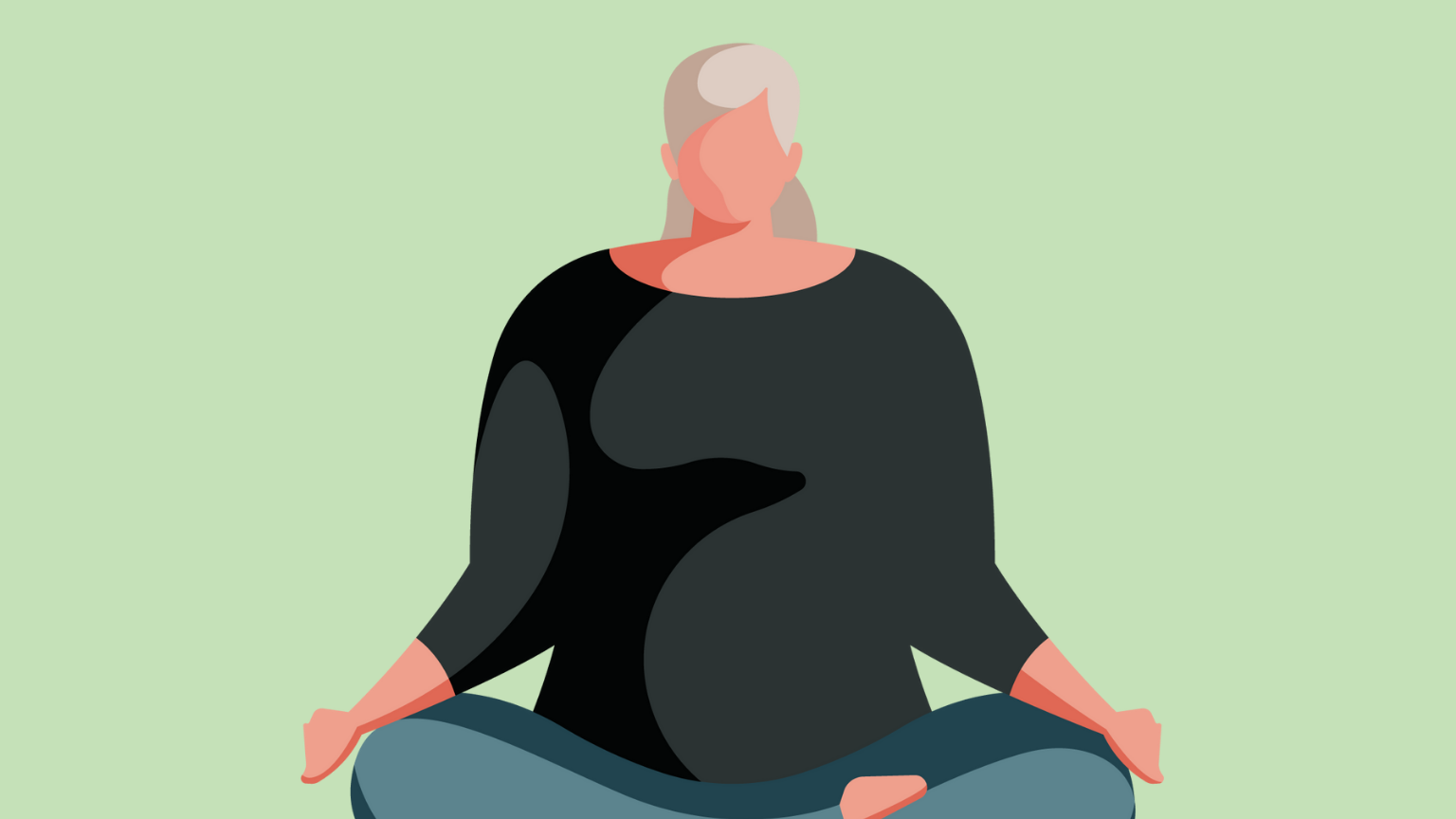The Sleep-Stress Connection
Sleep and stress exist in a bidirectional relationship—poor sleep increases stress vulnerability, while chronic stress disrupts sleep. Understanding this connection is crucial for breaking the cycle. This in-depth exploration reveals how sleep quality impacts stress resilience and provides science-backed strategies for improving both.
The Vicious Cycle Explained
Stress and sleep deprivation feed each other through multiple physiological pathways:
Cortisol Dysregulation
Poor sleep elevates evening cortisol levels by up to 45%, making relaxation difficult. Chronically high cortisol then further disrupts sleep architecture.
Amygdala Hyperactivity
Sleep deprivation increases amygdala reactivity by 60%, making us more emotionally reactive to stressors.
A 2020 study in Sleep found that just one night of poor sleep increased next-day stress perception by 33% in healthy adults.
Sleep Architecture Matters
Not all sleep is created equal when it comes to stress recovery:
Deep Sleep (NREM Stage 3)
The most restorative sleep phase:
- Facilitates physical recovery and immune function
- Critical for memory consolidation and emotional processing
- Reduced by stress and alcohol consumption
REM Sleep
Essential for emotional regulation:
- Helps process emotional experiences
- Facilitates creative problem-solving
- Disrupted by antidepressants and alcohol
Research shows people deprived of REM sleep show 40% greater emotional reactivity to stressors.
Creating a Sleep-Conducive Environment
Optimize your bedroom for quality sleep:
Temperature
Ideal range: 60-67°F (15-19°C). Cooler temperatures facilitate the natural drop in core body temperature needed for sleep onset.
Light
Complete darkness is ideal. Even small amounts of light can suppress melatonin production by up to 50%.
Sound
White noise machines can mask disruptive sounds. Studies show pink noise (lower frequency) may enhance deep sleep.
The Pre-Sleep Wind Down
A consistent pre-bed routine signals your nervous system that it's time to relax:
- Digital sunset - Disconnect from screens 60-90 minutes before bed
- Gentle movement - Yoga or stretching can release physical tension
- Relaxation practice - Try progressive muscle relaxation or guided imagery
- Gratitude journaling - Shifting focus to positive experiences reduces sleep-disrupting worry
A 2021 study found that participants who implemented a 45-minute wind-down routine fell asleep 37% faster and reported 29% lower stress levels.
Nutrition for Better Sleep
What you eat affects how you sleep:
Sleep-Promoting Foods
- Tart cherries - Natural source of melatonin
- Fatty fish - High in vitamin D and omega-3s that regulate serotonin
- Kiwi fruit - Contains serotonin precursors
- Nuts and seeds - Provide magnesium for muscle relaxation
Sleep-Disrupting Substances
- Caffeine - Half-life of 5-6 hours means afternoon coffee affects sleep
- Alcohol - While sedating initially, it disrupts sleep architecture
- Heavy meals - Digestion can interfere with sleep onset
When to Seek Help
If sleep difficulties persist despite good sleep hygiene, consider consulting a sleep specialist. Chronic insomnia may require cognitive behavioral therapy (CBT-I), which has a 70-80% success rate. Addressing sleep apnea or other sleep disorders can dramatically improve both sleep quality and stress resilience.






